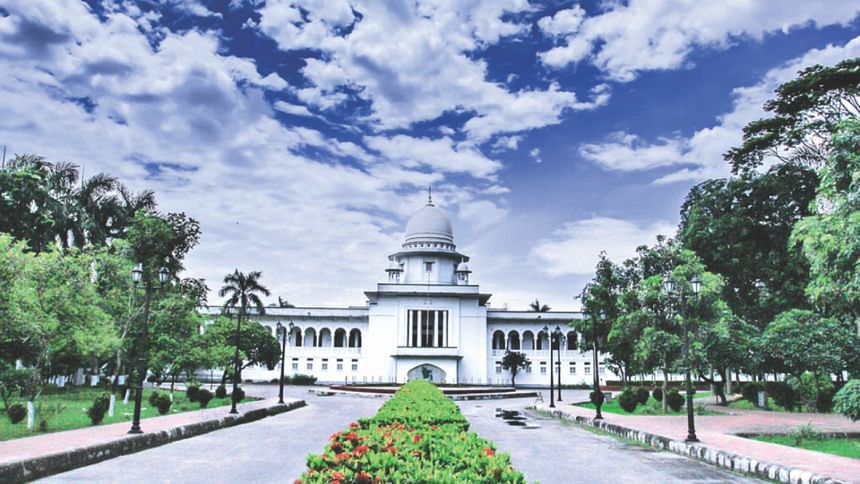THE LACK OF DISSENT IN JUDGMENTS

Despite our biological similarities, all of us are somehow unique; the same goes even for twins who would have something dissimilar distinguishing one from the other. One manifestation of our uniqueness is perhaps the way we may perceive the same thing differently. Hence, the disagreement between the closest of friends among us on one or the other issue is common. The argumentative trait of human beings is perhaps reflected in the words of Lyndon B. Johnson, a former President of the USA, when he said, '[i]f two men agree on everything, you may be sure that one of them is doing the thinking.' This perhaps explains why judges (particularly, the judges of higher courts) deciding the same dispute on the basis of identical words enacted by the Parliaments or same precedents, at times disagree with their peers in the Bench.
The trend of dissent among judges would be noticeable in many common law jurisdictions and also in many international courts and tribunals (possibly the most prominent in the International Court of Justice). Though there is no systemic study (at least, not to the knowledge of this author), anecdotal evidence would imply that this trend of dissenting judgments is not the norm in Bangladesh. Even more often than not there would be no concurring (but separate) judgments. This write-up would seek to explore possible factors contributing to this and also to dispel a populist perception about dissenting judgments.
One explanation of this lack of dissenting judgments in our higher court may lie in our culture. We have a conformist culture or a culture of deference: deference to authority. From our childhood, we are generally taught to agree to elders, first in the family and then to teachers and then seniors in a working environment. This being the case, it may be surmised that such a culture in the society has a role in the minimisation of dissent on the Bench. The heavy case load on our courts may be another (although possibly much less cogent) explanation. While there is in no way any insinuation that a judge would simply agree with her/his peer for reducing workload, the proposition of writing a dissenting or concurring but separate judgement can be a disincentive for a judge who is already confronted with far too many cases.

One particularly sad aspect about the dissenting judgments in this country specially when they impinge on politically sensitive issues is that the judgments and sometimes also the judges are unduly maligned. Though, critically engaging with judgments can be a healthy sign of interest in law and a functioning democracy but dissecting the judges on a linear political consideration or extra-legal considerations (unless there are very cogent and unavoidable reasons) is unfair. We should bear in mind that fair-minded persons can differ as to the meanings of words. And even if their conclusions may be the same, their reasoning to arrive at the conclusion may not be the same. Such a difference in the reasoning or conclusions may be driven purely by academic and professional considerations and need not be driven by extra-legal considerations.
To reiterate, the purpose of this brief write-up is not in any way to imply that our judiciary is indolent or intellectually dilapidated but rather to surmise the factors contributing to a lack of a dissenting culture prevailing in our higher judiciary. Again dissent for dissent's sake can be ungainly or meaningless. Indeed, in some regimented professions such as the armed forces, argumentative culture may be quite a challenge. And often we, the academics are derided for differing with each other for quixotic reasons or simply to make ourselves stand apart from the rest. While such a labelling of academia is an oversimplification, it would be tough to say that the perception is always devoid of truth.
However, a healthy dosage of dissent is hardly a bad thing and may often help us to push the boundaries of our knowledge. And the same should hold true for the bench too. More importantly, the purpose of this write-up is to highlight that whenever there is a dissenting judgment rendered by the judges in our higher judiciary, it need not be because of any subjective approach to law by the judges, rather can be driven purely by nuanced and objective engagement with the law. We may speculate on why there is a lack of a dissenting culture and perhaps this essay raises more questions than it answers, it would seem that there is a scope for undertaking in-depth studies on this.
The writer is an Associate Professor at Department of Law, North South University.

 For all latest news, follow The Daily Star's Google News channel.
For all latest news, follow The Daily Star's Google News channel. 



Comments